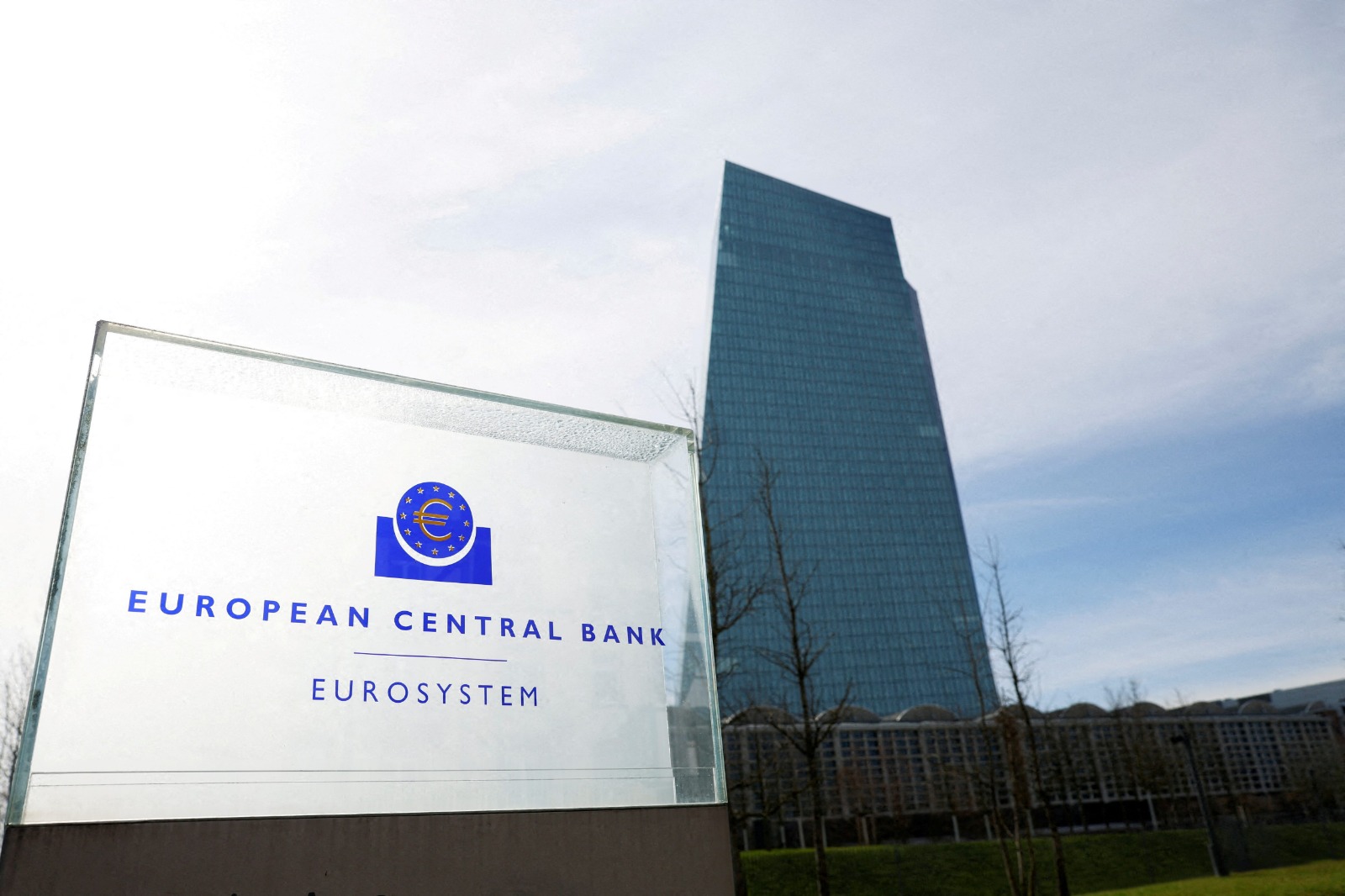In new statements that attracted the attention of those following European markets, Olli Rehn, a member of the European Central Bank, emphasized the need for the bank to pay increased attention to the possibility of inflation remaining below the set target of 2% for an extended period. Rehn explained that this scenario poses a real risk to the stability of the European economy, which necessitates caution from policymakers and avoiding complacency in dealing with it.
Rehn noted that the recent strength of the euro has significantly helped bring inflation closer to its target level, asserting that the exchange rate should not be a political tool in itself, but it remains an influential factor in the dynamics of inflation in the euro area.
The ECB member also added that the move towards shared European borrowing to finance defense projects could help enhance the global position of the euro by creating secure and attractive financial assets for investment, giving the single European currency a real opportunity to strengthen its role in the global financial system.
Rehn also stressed that the European Central Bank remains in a strong and flexible position; however, this does not mean being lenient in the face of inflationary challenges. There are clear concerns that a prolonged decline in inflation levels could destabilize the expectations of markets, households, and businesses, which may negatively impact the pace of economic recovery in Europe.
Although inflation is still at low levels, Rehn pointed out that the risks are not one-sided, but represent a dual condition that requires the ECB to maintain a careful balance between monetary support and managing future expectations to ensure stability and restore confidence.













